Η έννοια της «επιεικείας» παρ' Αριστοτέλει
Ενότητα:
Άρθρα του περιοδικού "Φιλοσοφία"
Χρονολογία έκδοσης περιοδικού
2004
Περισσότερα...
Τύπος
Επετηρίδα
Συγγραφέας
Κούτρας , Δημήτριος Ν.
Περισσότερα...
Τίτλος άρθρου/ανακοίνωσης
Η έννοια της «επιεικείας» παρ' Αριστοτέλει
Γλώσσα: Ελληνικά, Νέα (1453-)
Θεματική ενότητα άρθρου/ανακοίνωσης
Ιστορία της Φιλοσοφίας
Αριστοτελική Φιλοσοφία
Γλώσσα άρθρου
Ελληνικά - Νέα (1453-)
Αγγλικά
Περίληψη άρθρου
Equity was first established as a terminus technicus by Aristotle, but the word was initially shaped by Plato in his Statesman. Aristotle considers equity as a necessary criterion of the interpretation of human action, i.e. the ultimate, the particular moral situation, given that law is general, and every moral agent makes different moral choices, since man exhibits a multiplicity of purposes as a being and every person acts on the basis of a variety of moral perspectives and values. Therefore, the task of every judge is to trace the moral choice made by a moral agent, as well as to interpret the law and attribute justice, since, as it is attested, law may be deficient, whereas this does not necessarily apply to justice itself.
Λέξεις -κλειδιά
Επιείκεια
Creative Commons
Αναφορά Δημιουργού - Μη Εμπορική Χρήση - Παρόμοια Διανομή 4.0 Διεθνές - CC BY-NC-SA

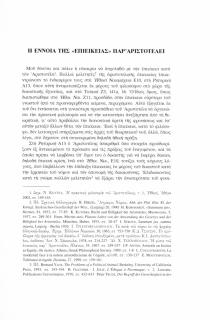
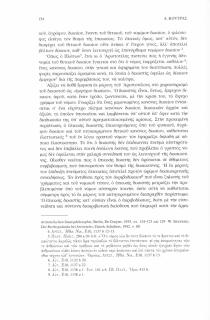
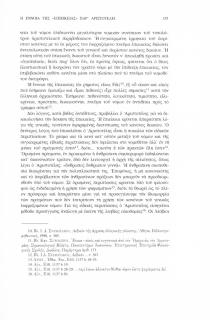
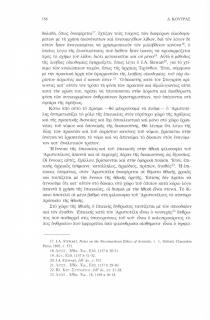
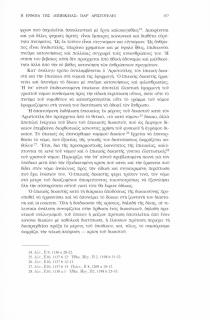
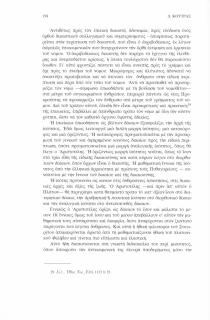
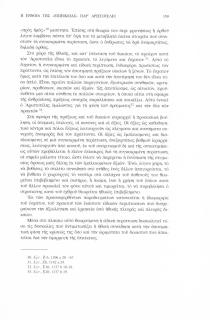
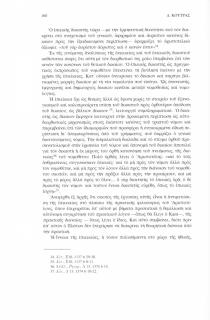
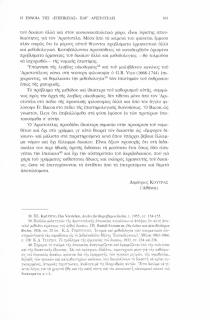

 Ξεφύλλισμα pdf
Ξεφύλλισμα pdf